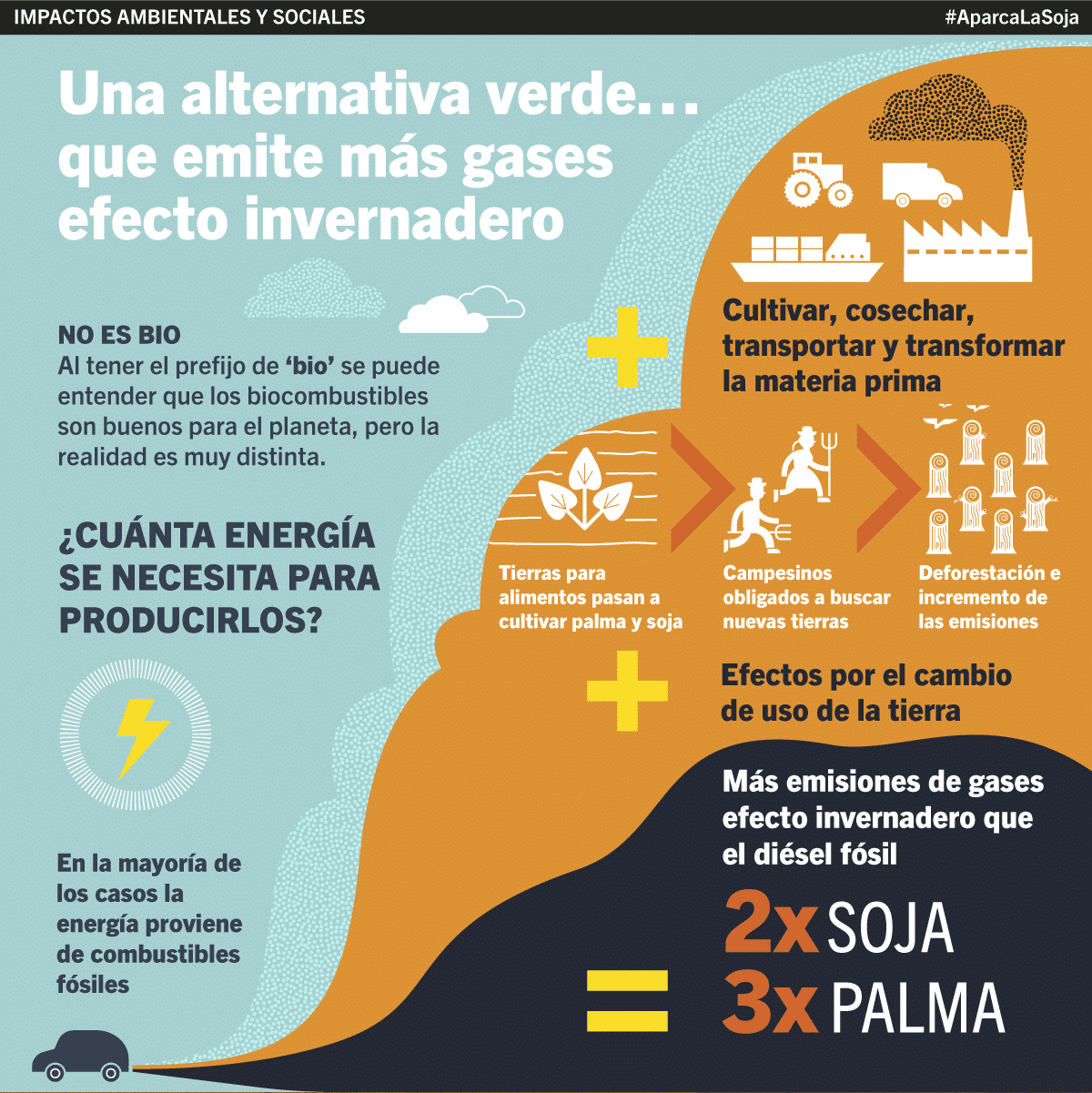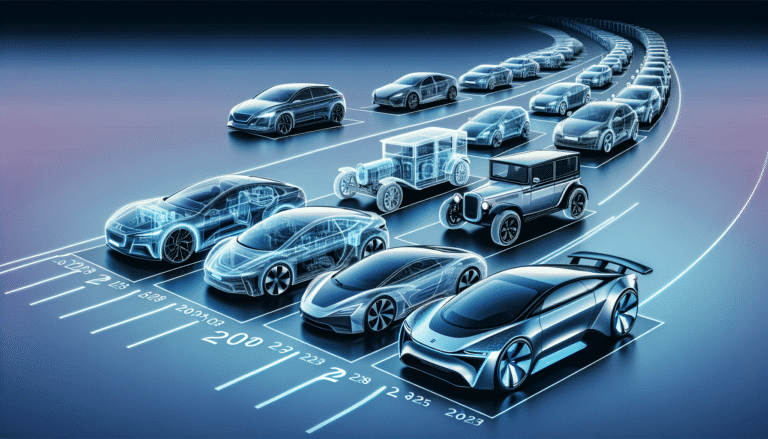The role of diesel in the evolution towards a more ecological energy system

Diesel has played a crucial role in the evolution of energy systems, being considered one of the most widely used fuels in industrial and commercial sectors. As awareness of climate change and sustainability increases, the industry faces the challenge of moving towards a more environmentally friendly model. In this context, diesel is undergoing a significant transformation that incorporates technological innovations and renewable alternatives, such as biodiesel and synthetic fuels, to reduce the carbon footprint and promote a more efficient and less polluting use. This evolution not only seeks to improve air quality and public health but also to ensure an energy supply that respects current environmental commitments.
Currently, diesel finds itself at a crossroads between its traditional role as fuel and the growing demand for more sustainable energy solutions. This article examines how diesel can adapt and evolve in this new era, incorporating innovative technologies and alternative fuels that will meet the environmental and energy needs of the future.
The transformation of traditional diesel
Diesel has been a pillar in the energy sector, especially in industry and transportation. However, concerns about climate change and carbon emissions have driven producers to innovate and improve the quality of conventional diesel. Modern refinements allow diesel to result in cleaner combustion, decreasing carbon dioxide emissions (CO2), nitrogen oxides, and other harmful pollutants.
Innovations in diesel formulation
Improvements in diesel formulation, along with advanced distillation processes, are creating more efficient fuels. These innovations not only increase energy efficiency but also contribute to a significant reduction in the carbon footprint. For example, the use of additives and chemical enhancements allows diesel to burn more efficiently in engines, resulting in lower fuel consumption and, consequently, reduced emissions.
The integration of biodiesel
One of the most promising advances in the diesel sector is the integration of biodiesel. This renewable fuel, obtained from animal fats or vegetable oils, represents a viable alternative that can be blended with conventional diesel. This blend not only offers a less polluting product but also contributes to a more sustainable energy system.
Benefits of biodiesel for sustainability
Biodiesel has the potential to significantly reduce greenhouse gas emissions. By using resources that would otherwise be discarded, such as used oils, circular economy is fostered. This not only promotes a more efficient use of resources but also supports the transition to a renewable energy model.
Synthetic fuels as an alternative
Synthetic fuels are gaining ground as an additional solution to complement or even replace conventional diesel. Produced from non-fossil sources, such as biomass, these fuels have the potential to be much cleaner. Like biodiesel, synthetic fuels can be integrated into existing infrastructure, making their adoption easier across various sectors.
Decarbonization and operational efficiency
The implementation of synthetic fuels contributes to the decarbonization of the energy sector. Being fully compatible with existing infrastructure, their use can result in more efficient and less polluting operations for companies. Industries involved in transportation and energy generation, for example, can benefit significantly from this new fuel offering.
Diesel in industrial and commercial sectors
Diesel still plays a crucial role in various industrial and commercial sectors. In transportation, for instance, diesel remains the preferred fuel for trucks, buses, and heavy machinery, thanks to its dense energy and capacity to deliver reliable performance. Its use is equally indispensable in industrial generators and heating systems, where energy efficiency can translate into reduced operational costs.
The importance of reliable suppliers
Having a quality diesel supplier is essential to ensure a constant and safe supply. A reliable supplier not only should provide products that meet environmental regulations but also advise customers on best practices to optimize fuel usage. Furthermore, suppliers must be flexible and offer customized solutions that align with the needs of each business.
In an increasingly competitive business environment, a solid collaboration with a fuel supplier can be key to sustainability and long-term operational efficiency.
Diesel has played a fundamental role in industrial and commercial development for decades, providing an efficient energy source with high performance. However, as concerns about climate change and sustainability grow, its role has begun to transform. The industry is evolving towards a greener future, where diesel not only adapts but also leads this transition by incorporating renewable technologies and alternative fuels.
One of the most significant innovations is the use of biodiesel and synthetic fuels. These alternatives not only promise a substantial reduction in greenhouse gas emissions but also allow a decrease in dependence on traditional fossil fuels. The blending of biodiesel in conventional diesel is a clear example of how energy performance can be maintained while advancing towards a more sustainable system.
Moreover, the energy efficiency of next-generation diesel enables industries to reduce their operational costs while complying with increasingly strict environmental regulations. This duality in the use of diesel benefits companies seeking to operate profitably and responsibly. The commitment of diesel suppliers to quality and sustainability is also essential in this process, ensuring a constant supply of products that benefit both the business and the environment.
Thus, diesel is not just a fuel; it has become an ally in the fight for a greener future. Through innovation and a strategic approach, the fuel industry can play a crucial role in the transition towards a more ecological energy system, significantly contributing to reducing the carbon footprint and encouraging a positive change that impacts both the present and the future.






